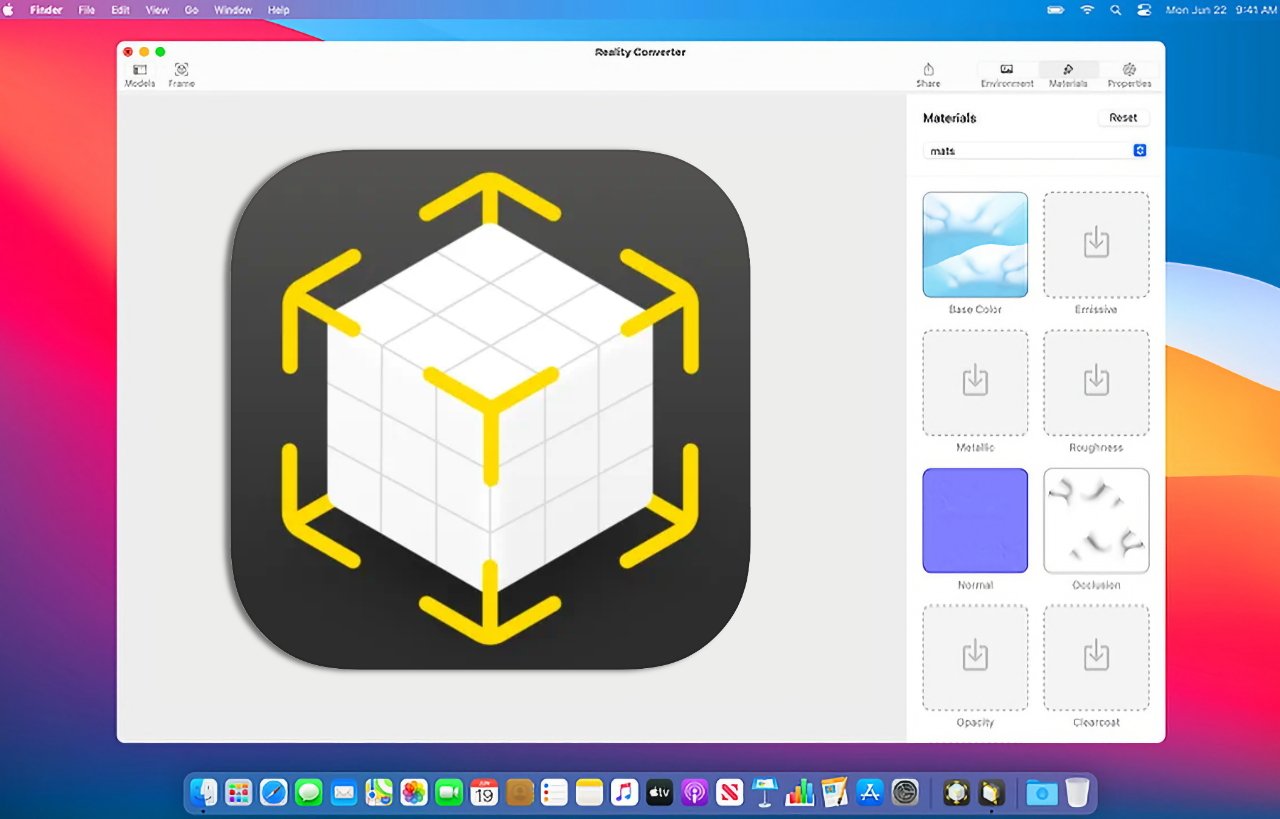Apple has again filed a suit against the USPTO following the office's refusing to allow terms such as "Reality Composer" to be trademarked.
Previously Apple has sued the USPTO over trademarks such as that for the Smart Keyboard, but done so only after some years spent in appeals. It's not clear when Apple first filed for trademarks on "Reality Composer" and "Reality Converter," but it launched apps with those names by 2020.
According to Reuters, whenever Apple originally filed for trademarks, the filing was challenged by Turkish firm ZeroDensity. The company is a visual effects one and its argument was that the terms could cause confusion with its own "Reality" trademarks, and also that Apple's terms simply describe what the Apple's software does.
Apple's new lawsuit focuses on this latter claim and attempts to refute it. These names, it says in its full court filing, "are made-up terms coined by Apple that do not describe the underlying software development tools on which Apple uses these trademarks."
"They are suggestive, just as 'Burger King' is a fast-food chain, not an actual monarch," continues Apple. "The combination of two incongruous terms into one mark, which together require imagination in order to make sense practically, are hallmarks of a suggestive mark."
"In contrast," says Apple, "descriptive terms like 'Raisin Bran' or 'American Airlines' straightforwardly describe the goods and services offered under the brand name (a cereal with bran and raisins; an airline based in America)."
"As innovative as Apple is," concludes the argument, "it cannot 'compose' or 'convert' reality."
ZeroDensity has responded to Apple's lawsuit saying that it is "surprised and concerned by [Apple's] misinterpretation and misrepresentation of our company" and is "resolute in defending our 'Reality' trademarks."
Separately, Apple is expected to face a trademark dispute over its Apple Vision Pro in China. Reportedly, Huawei registered a trademark for "Vision Pro" some four years before Apple announced its headset.
